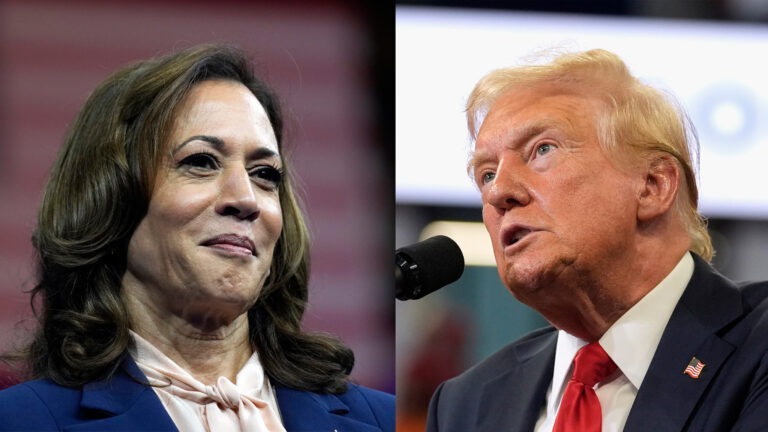SECTION 199A Provides Critical Economic Value to Main-Street Businesses
About 95% of U.S. businesses are passthroughs eligible for the Section 199A deduction—these successful businesses account for the majority of nationwide employment and GDP.
According to IRS data, over 80% of taxpayers benefiting from the Section 199A deduction operate small businesses with less than$200,000 in annual income
Tax savings from the deduction are largest for businesses in:
- Professional services
- Real estate
- Construction
- Retail trade
- Manufacturing
Tax Priorities Will Compete for Lawmakers’Attention in 2025
Many TCJA individual and business tax cuts expire at the end of 2025, dividing policymakers’ focus between various legislative priorities.
199A Deduction Could be in Jeopardy Regardless of 2024 Outcome

Harris Administration Focus on Raising Taxes on Successful Individuals
- Harris intends to pay for new spending by raising taxes on high-income individuals; since the majority of total 199A value went to individuals making over $400,000, the deduction is a likely target.
- Democratic lawmakers, including Finance Committee Chairman Ron Wyden (D-OR), have proposed legislation that would eliminate the deduction for individuals with over $400,000 in annual income.
- If Harris extends 199A, she might incorporate Democratic priorities that would prevent high-income business owners or those involved in certain industries from claiming the Section 199A deduction.
Trump Administration Focus on Corporate Competitiveness
- Trump has promised corporate and trade policy reform, including tariffs, but has not committed to extending 199A or otherwise supporting passthroughs.
- Top economic advisors Larry Kudlow and Stephen Moore have suggested Trump focus on lowering the corporate rate to 15%, which could limit resources and attention toward 199A extension.
- Some conservative think tanks, including AEI, have suggested the deduction is an inefficient way to promote investment, as it applies to income from existing investments, as opposed to policies like bonus depreciation and R&D expensing that apply to new investments.
